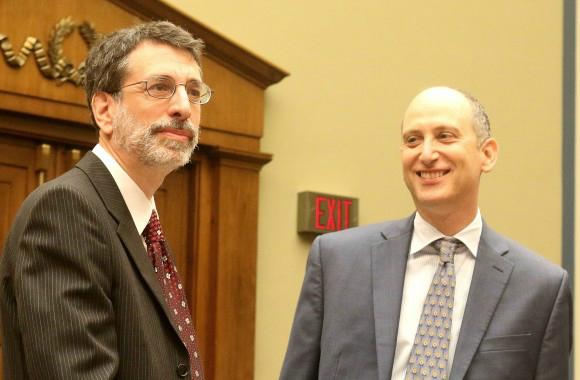WASHINGTON—Recent breaches in security in Illinois and Arizona of voter registration databases and the hacking of the Democratic National Committee and Democratic Congressional Campaign Committee have alarmed many Americans that our national election on Nov. 8 may not be secure.
On Sep. 22 Senator Dianne Feinstein (D-Calif.) and Rep. Adam Schiff (D-Calif.), the ranking members, respectively, of the Senate and House Intelligence Committee, issued a joint statement that said, “Based on briefings we have received, we have concluded that the Russian intelligence agencies are making a serious and concerted effort to influence the US election.” They concluded that the orders for the hacks came from senior levels of the Russian government.
The Administration has refrained from accusing Moscow for the hacking of the DNC, but U.S. intelligence officials have “high confidence” that Russia is the source, according to the NY Times. Also, several security firms have identified Russia as responsible for the perpetrators, according to Politico.
On Sept. 28, the Committee on House Oversight and Government Reform held a hearing to ascertain the nature and extent of cyber threats to the U.S. election system.
The consensus of the expert government and academic witnesses is that the public has little to fear that national election voting in the 50 states could be interfered with from internet-based cyber-attacks. The consensus was that these recent attacks, however, tend to undermine public confidence.
The witnesses felt that all the talk about the cyber breaches was overblown and mostly misdirected. A much more serious concern is the outdated voting machines that are more likely to malfunction with the passage of time. That can cause long lines and people not voting as a result.




